The Science Show - Separate stories podcast
Podrobnosti kanálu
The Science Show - Separate stories podcast
The Science Show gives Australians unique insights into the latest scientific research and debate, from the physics of cricket to prime ministerial biorhythms.
Nedávné epizody
312 epizod
New mysterious stellar object discovered
It pulses every 18 minutes. What could it be? A white dwarf? A neutron star? It had been missed in over 30 years of images. Natasha Hurley-Walker des...

Widespread benefits of school forest plots
Small patches of forests in schools initiate discussion and leaning across biology and ecology. Students develop a sense of ownership and community aw...

Science a strength at Curtin University
Vice-Chancellor Harlene Hayne describes how science is a pilar at Curtin University in Perth.

When did humans first reach Australia?
Exactly when people first set foot in Australia has sparked fierce debate, with two times currently cited: Around 50,000 years ago, and 65,000 years a...

Vale Emma Johnston
Leading marine scientist and university educator Emma Johnston has died from complications associated with cancer at the age of 52.

The road to net zero
Peter Newman outlines how cities can achieve net zero and sustainability agendas together as part of the global shift to a new economy.

Lab Notes: Why UV levels are so high in Australia
Australia's summer UV levels are high enough to cause sunburn in as little as 11 minutes.
Yet the summer sun in the Northern Hemisphere rarely f...

Lab Notes: Why do whales strand en masse?
Every now and again, dozens or even hundreds of perfectly healthy looking whales strand themselves on a beach.
And despite people's best effort...

Lab Notes: Tips to reduce microplastics exposure
It's impossible to escape microplastics. They're in our food and water, and the air around us is teeming with them.
So considering they're all...

Searching for a new source of collagen – from crocodiles
Rina Fu’s research and teaching is across three universities. She is a recent recipient of awards including the Western Australia’s Premier’s Award fo...

Lab Notes: How is sunscreen SPF tested?
Australia's known for having some of the world's toughest sunscreen standards, but in June, that reputation was rocked.
Independent testing of 2...

Lab Notes: How maths explains nature's weirdness
A huge cold blob of air above Antarctica and bushfires spreading along ridgelines don't appear to have anything in common, yet the strange behaviour o...

Prove It!
Elizabeth Finkel deploys scientific evidence to show that President Trump’s claim that Tylenol, used by pregnant women to relieve pain, is a cause of...

Science was always present for novelist Terry Pratchett
Next week we celebrate the English author of fantasy novels Terry Pratchett who died in 2015. Physicist Len Fisher presents this tribute and says the...

Genetic rescue helps struggling native plant species
Chantelle Doyle moves pollen between locations hoping to establish new plant populations and increase genetic diversity giving struggling species a bo...

SIMS celebrates 20 years and shows how true collaboration brings great results
Robert Harcourt collects oceanographic information using microcomputers strapped to turtles and seals.

COP30 - Food security under threat with climate change
Jim Falk from Melbourne presented a message of hope at the COP30 climate meeting in Brazil

Space conference makes Sydney mission control
Space is integral to our modern world, supporting mapping, land care, agriculture, mining, fire prevention and so much more.

Science Academy president urges business rethink on research and development
Professor Jagadish puzzles why support of Australian Science is so wanting and says business should see their R&D spend as an investment.

Developing more options for people with sleep apnea
Amal Osman from Flinders University, an ABC Top 5 scientist in 2025 describes sleep apnea, and her work developing new treatments for this debilitatin...

Superstar of STEM - Rebecca Duncan
Robyn Williams meets Superstar of STEM marine biologist Rebecca Duncan.

Superstar of STEM - Nicola Lo
Robyn Williams meets Superstar of STEM Nicola Lo, an environmental engineer and project manager with Colliers Engineering & Design.

Top quark used to test quantum concepts
It exists for of 10-25 seconds. If you blink, you’ll miss it.

Dog wags tail, or tail wags dog – the impact of increasing technology in our lives
Howe Zhu describes his research area of human computer interaction, and says we should more aware of how technology is changing our behaviour.
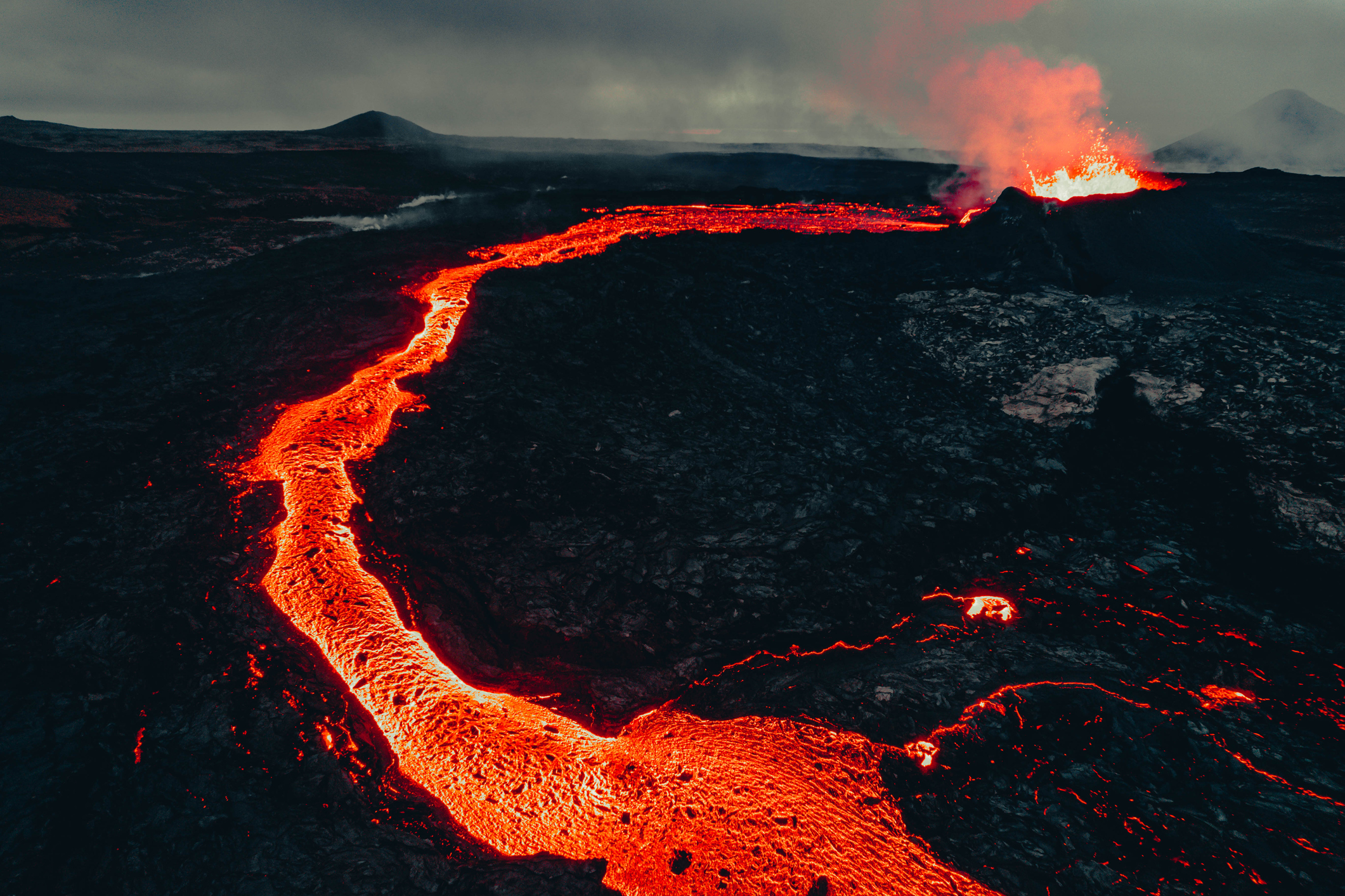
Mechanics of flowing lava used to protect people
The movement and path of lava is a result of lava temperature, its viscosity and the surface over which it flows.
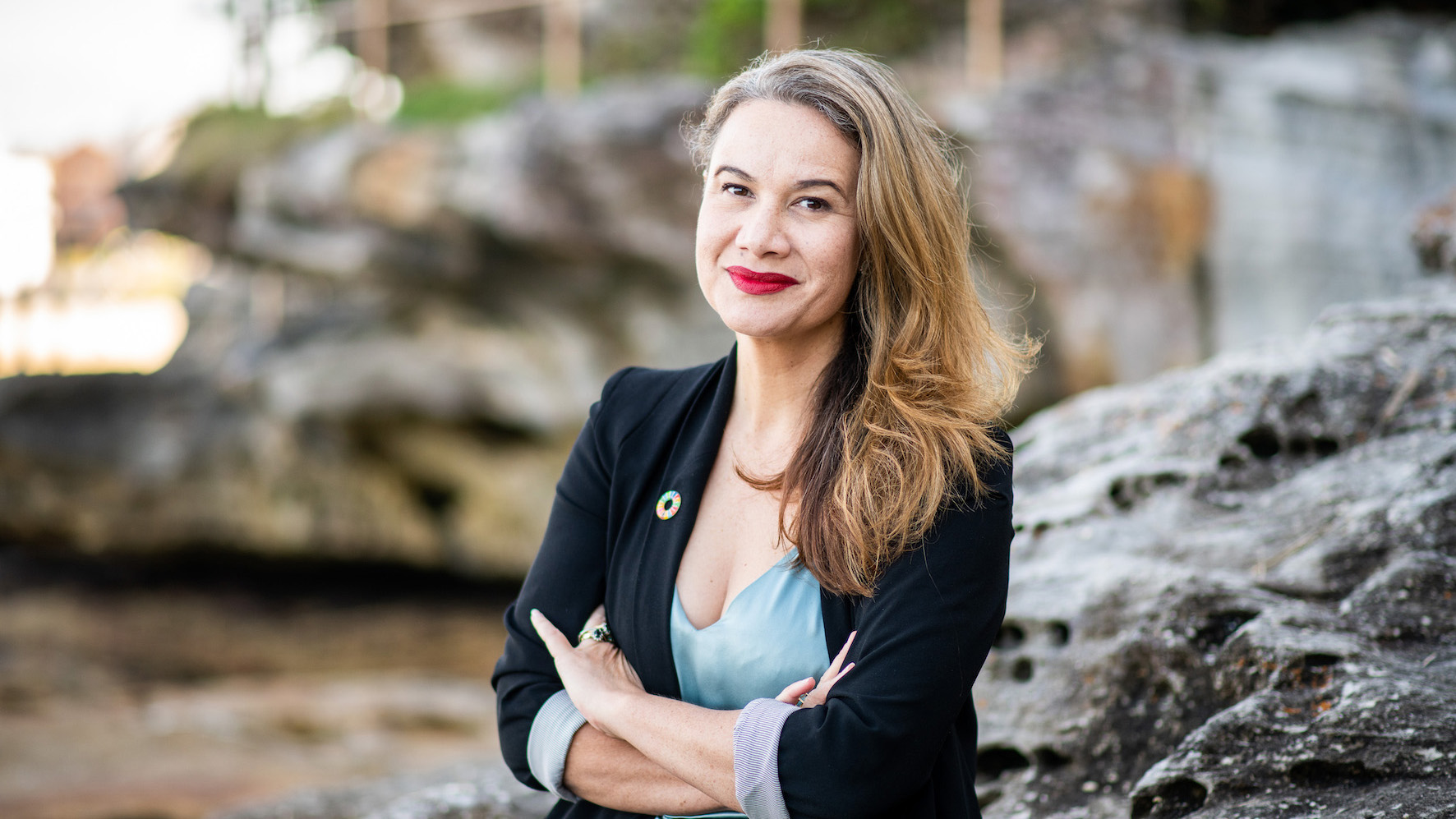
Showing possible career paths would encourage science graduates says new STA president
Jas Chambers is the new president of Science & Technology Australia. She comes with ideas to help boost science graduates.
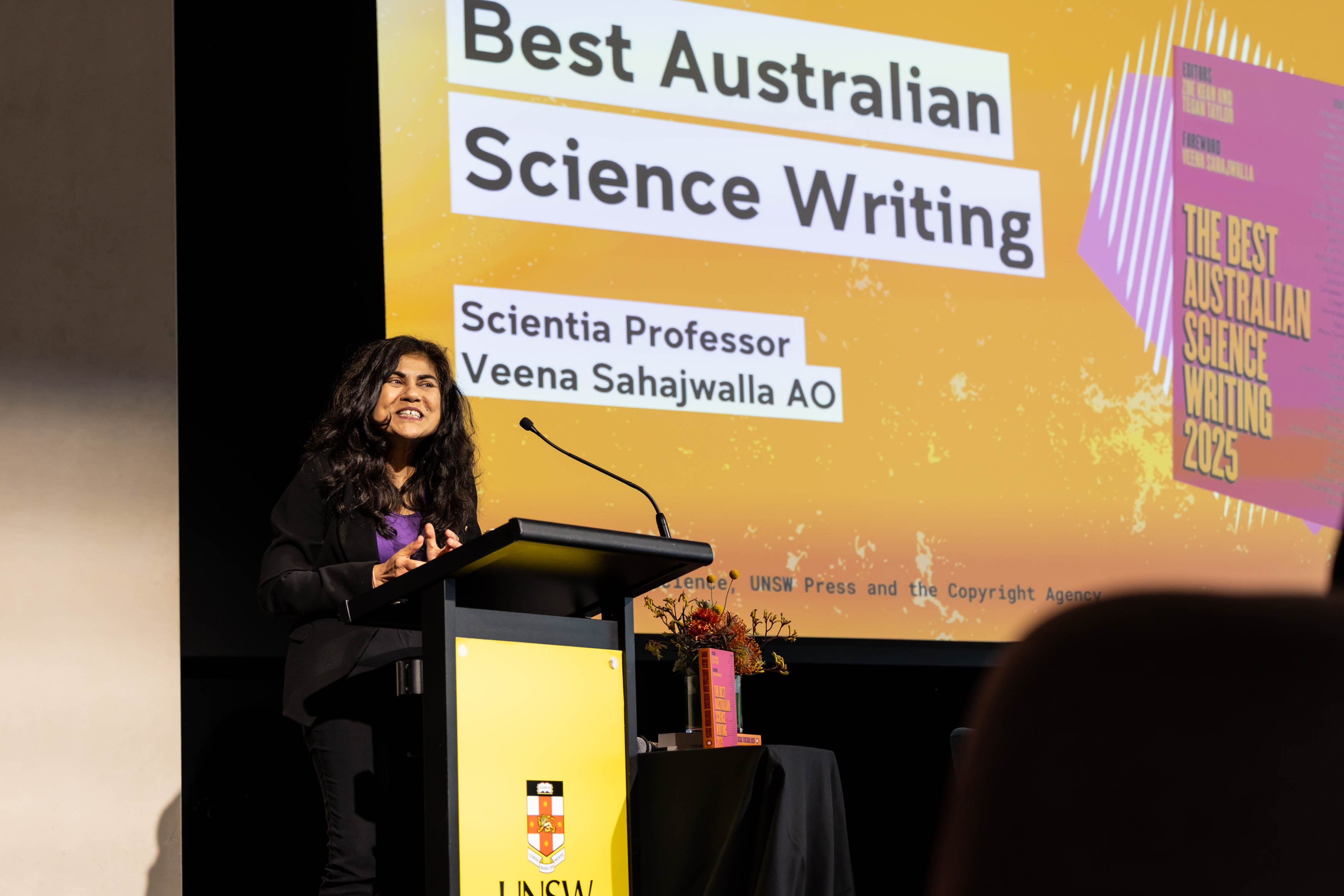
Science writing bridges research and community understanding
Veena Sahajwalla launched The Best Australian Science Writing 2025 at UNSW this last week. For Veena, story-telling is the bridge between research and...
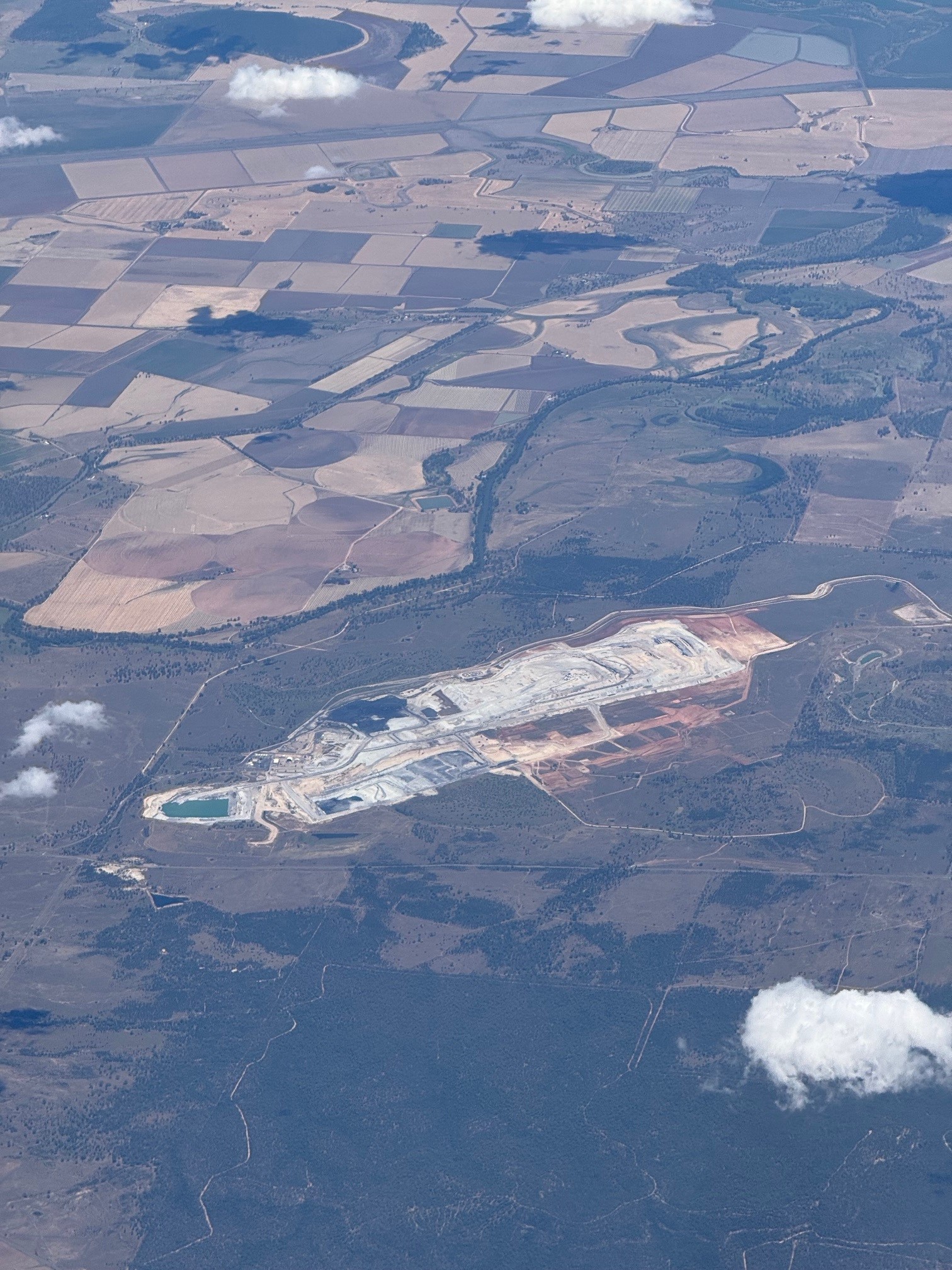
Boom time for geology? But university geology departments are shrinking or closing
With fewer graduates, it’s unlikely Australia will have the geologists needed to produce what’s being promised.

2025 Prime Minister’s Prize for Excellence in Science Teaching in Primary Schools
This year’s winner, Paula Taylor from The ACT Academy of Future Skills describes her approach to supporting teachers to be exceptional STEM educators....

Climate intervention becoming increasingly urgent
Fine droplets of seawater sent high into the atmosphere could increase cloud formation and reflect more of the sun’s heat.

Launch of The Best Australian Science Writing 2025 and the Bragg Prize for Science Writing
A panel discussion featuring Bragg Science Writing prize winner Tabitha Carvan and runners-up Angus Dalton and James Purtill.

Lead ingots from a Roman shipwreck - a battle between the past and the future
A Roman shipwreck contained lead ingots. Should they be retained as a link to the past, or be utilised for their unique quality allowing experiments t...

2025 Prime Minister's Prizes for Science
Distinguished Professor Lidia Morawska from the Queensland University of Technology has received the 2025 Prime Minister’s Prize for Science for her p...

Lab Notes: How your brain chooses your next snack
It's mid-afternoon and time for a treat! Do you choose a healthy piece of fruit, or do you head straight for the chocolate?
It turns out that w...
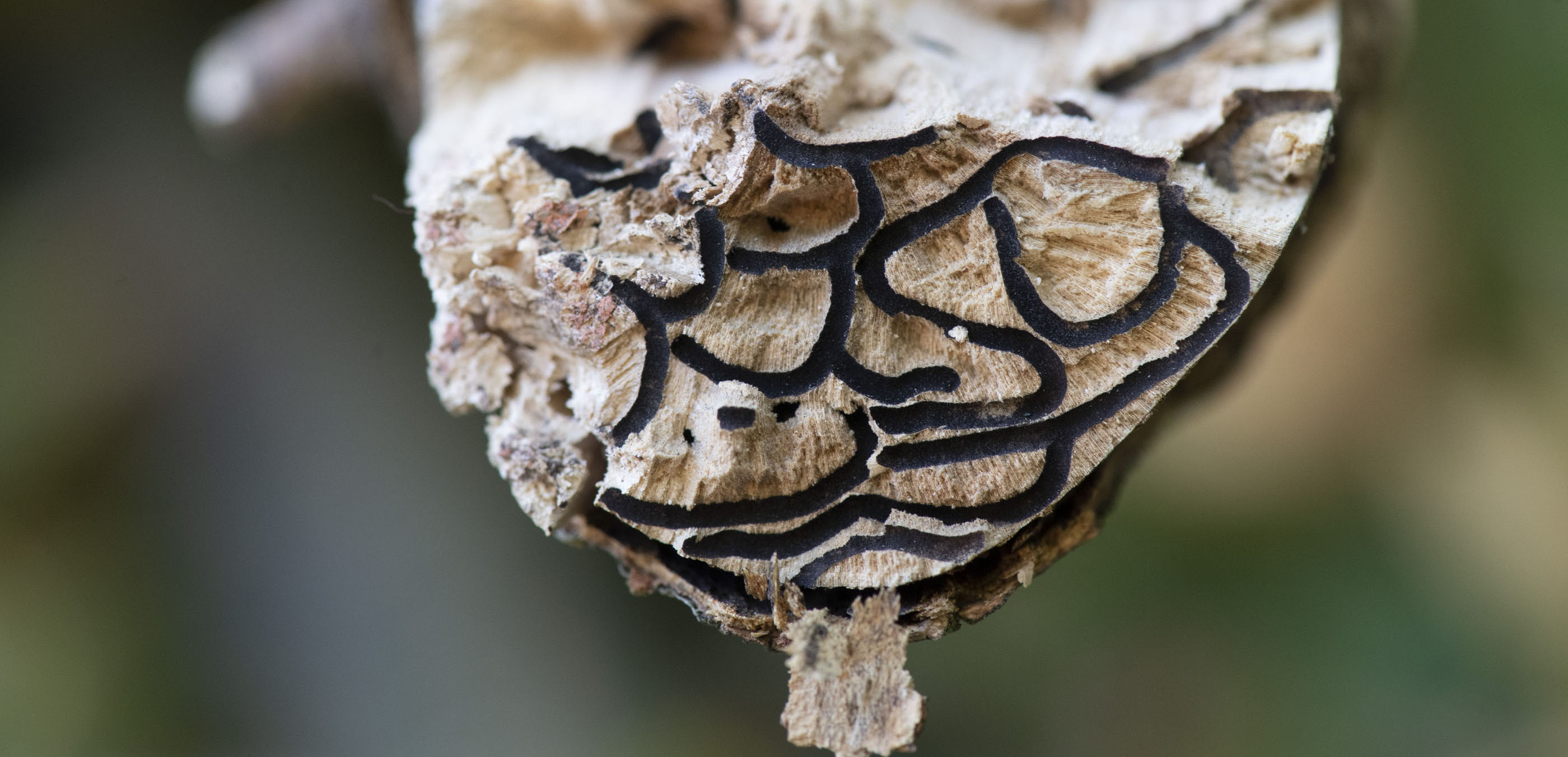
Plant diseases impact native vegetation, gardens, crops
Brett Summerell describes work being done at the Mt Annan Royal Botanic Garden southwest of Sydney understanding fungal diseases impacting plants ever...
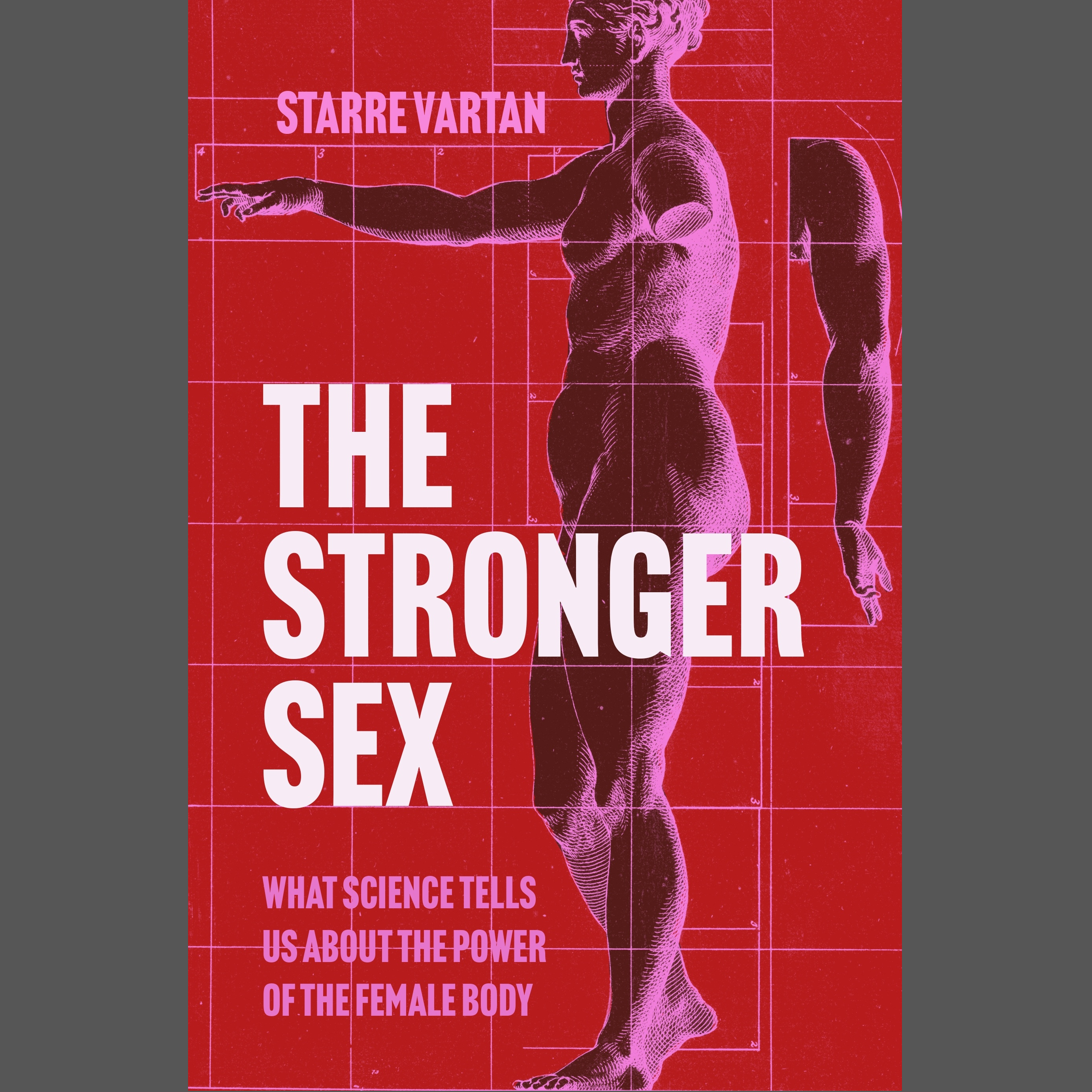
The Stronger Sex
Author Starre Vartan shows how women surpass men in endurance, flexibility, immunity, pain tolerance, and the ultimate test of any human body: longevi...
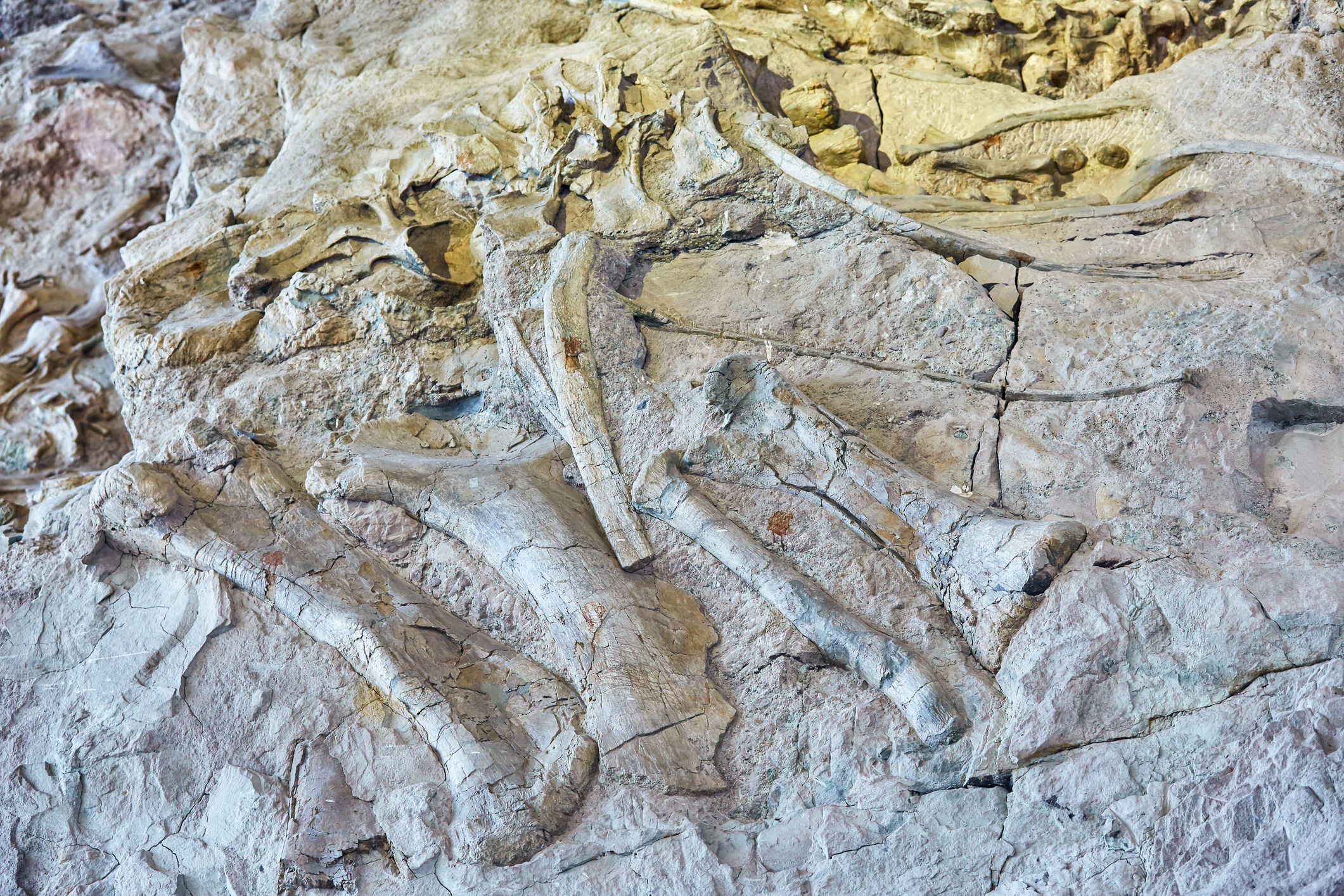
Our understanding of changes in biodiversity over time questioned
Our understanding of the evolution of biodiversity is based on fossil evidence. But so much more may lie buried and reveal a different story.
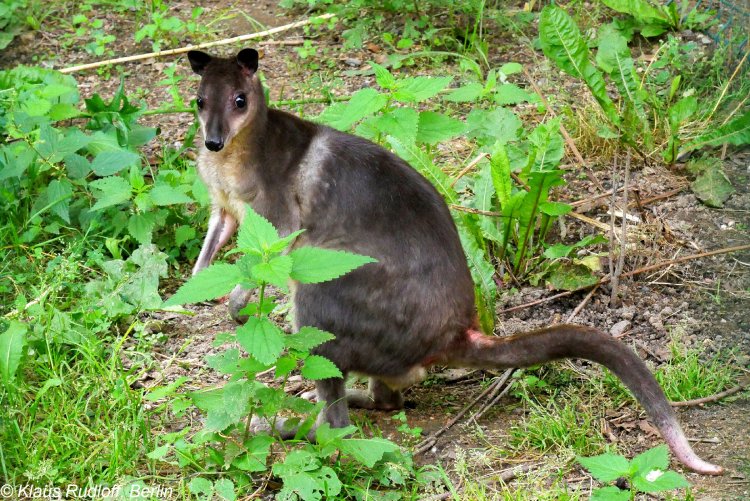
Ancient people took wallabies to islands in canoes
Evidence suggests that as early as 12,800 years ago, people captured wild wallabies from the then joined Australia - New Guinea mainland and transport...
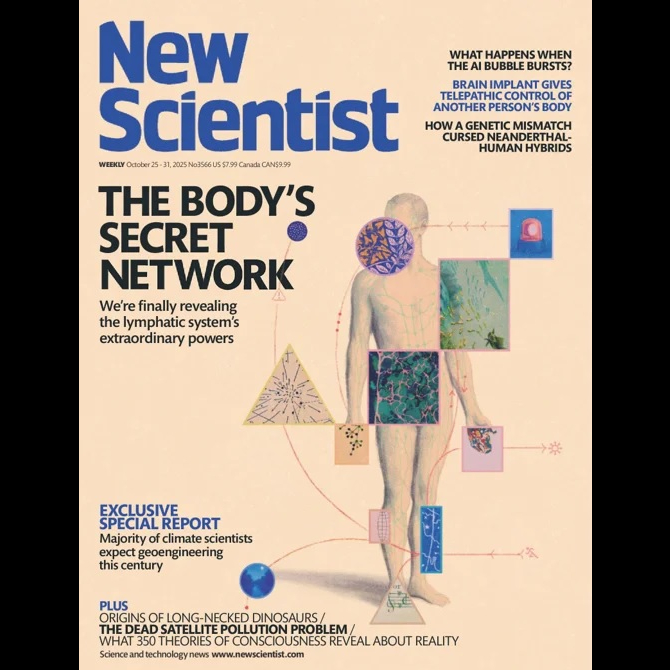
New Scientist continues in print, boosts on-line
Editor Catherine de Lange says New Scientist will continue to be printed and new younger readers will be encouraged through the digital edition, a pod...
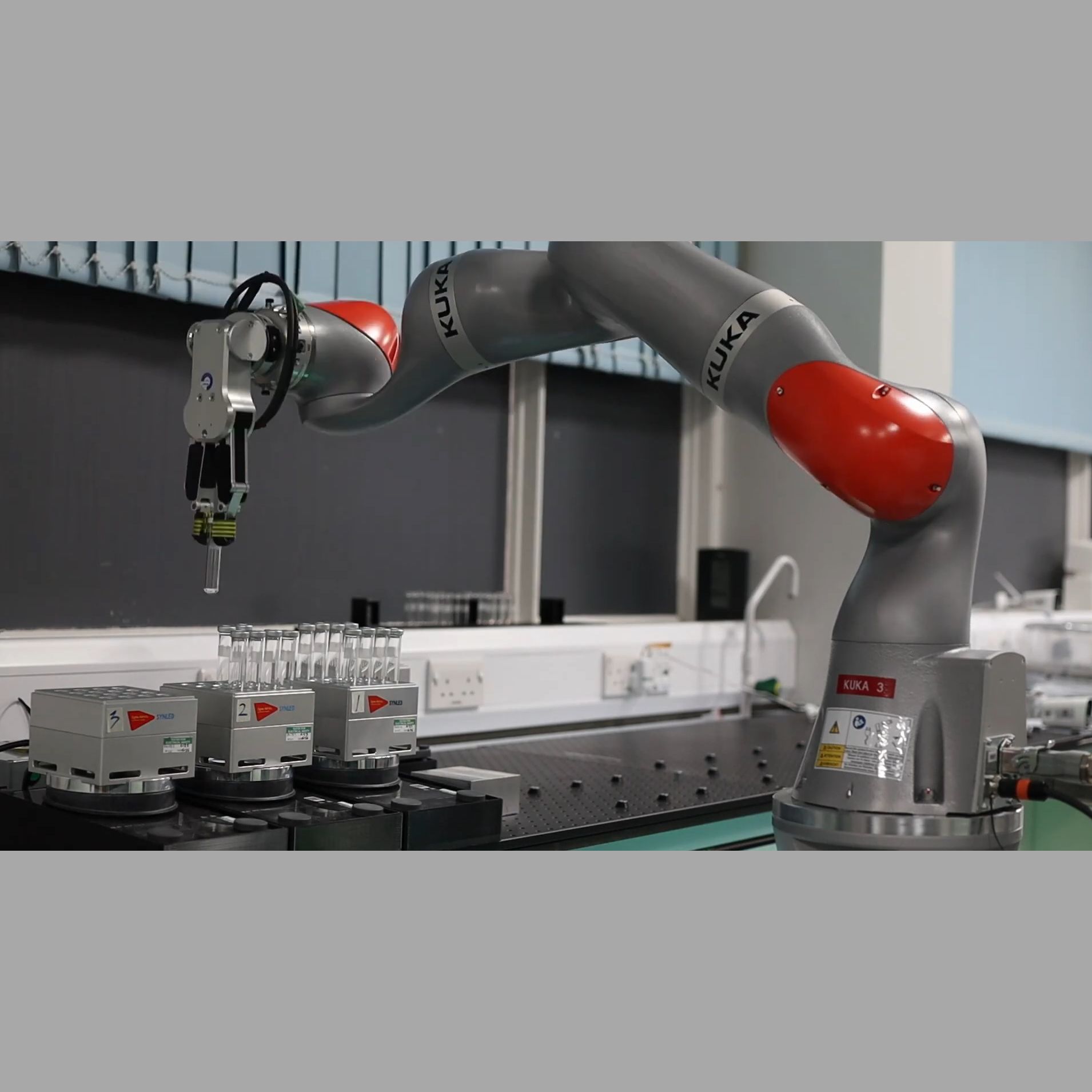
Robots well suited to dangerous drudge work in the chemistry lab
Robots are ideal in chemistry labs undertaking repetitive and dangerous tasks.